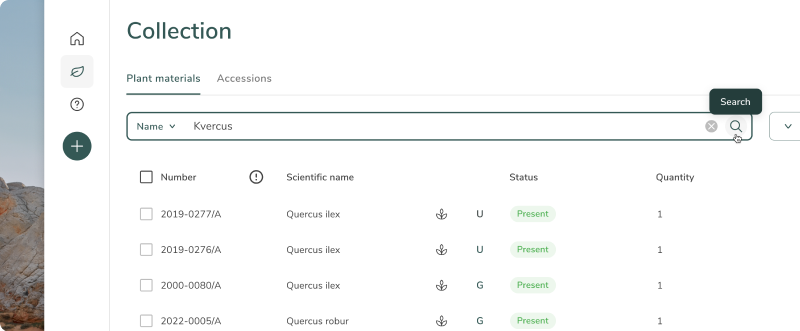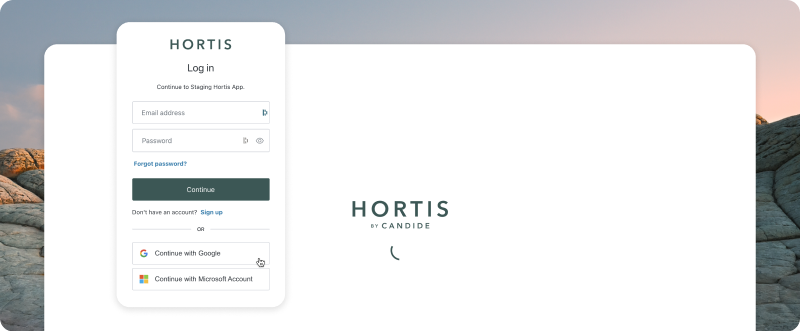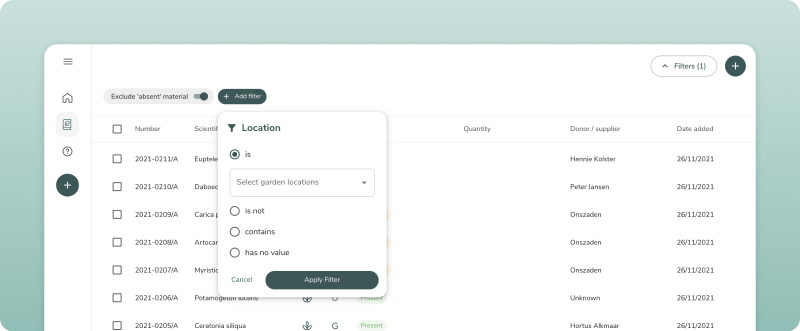We are very excited to share our first monthly What’s New In Hortis update with you. With the Hortis platform, our engineers are able to deploy new features at a high rate without you needing to take any action. This means that users all over the world will always have the latest version on their smartphone, tablet and pc.
When new features are deployed, we will publish the news on the release notes page at support.hortis.com. We will use this blog series to summarise the highlights of the past month.
Our monthly highlights for January

Scientific name search
If you are very familiar with scientific names, Hortis will only list the names that exactly match your search. However, many people struggle with spelling, and in particular the correct spelling of scientific names. That’s why the Hortis search engine uses a similarity algorithm when needed to help you find your records. This will all happen automagically, behind the scenes.
Security page
We take data security extremely seriously and we believe it is important to be transparent and accountable. Our new security page includes pertinent information about how we manage the platform and your data. This includes technical details about the services and policies that are applied in Hortis, including GDPR compliance. This document is a useful resource to review our platform, which you can share with your IT staff.

Google Authentication
In this era, most people have dozens of passwords they need to remember. Not only is this an intellectual challenge, but it can also be stressful. That is why the majority of people use the same password across multiple accounts. That is why in Hortis we have put a lot of effort into our security infrastructure, allowing you to authenticate with your existing accounts. In addition to using a Microsoft account, you can now login to Hortis using your Google account as a single sign-on (SSO) provider.

Plant Material location filter
You can narrow and customise your Plant Materials list to find exactly which plants you are looking for. For example, you can find plants located in a particular Bed, or, if you are not sure, you can search for plants located in a Bed that contains certain letters.
